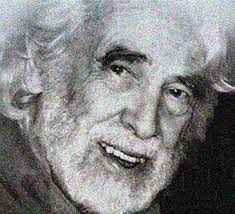The NDI System

“I am not what happened to me, I am what I choose to become”
Carl Jung
NDI (Non Directivite-Intervenante) system, whose founder is the French sociologist Michel Lobrot, is a framework for psychotherapy that integrates several therapeutic approaches, including narrative therapy, cognitive-behavioral therapy, and dialectical behavior therapy. The NDI system is based on the idea that individuals construct their own personal narratives to make sense of their experiences, and that these narratives can have a powerful impact on their thoughts, feelings, and behaviors.

The NDI system aims to help individuals identify and challenge negative self-narratives that may be contributing to their emotional distress. Therapists using the NDI system work collaboratively with people to develop new, more positive narratives that are based on their strengths, values, and goals. This process involves helping people identify the underlying beliefs and assumptions that are driving their negative self-narratives, and challenging these beliefs through cognitive restructuring and behavioral change.
“The greatest discovery of my generation is that a human being can alter his life by altering his attitudes.”
Carl Jung
The dialectical component of the NDI system involves balancing acceptance and change. Therapists using this approach recognize that individuals may have conflicting desires for both acceptance and change, and work to help people find a balance between these two goals. This involves helping people accept their current situation while also working towards change and growth.
Overall, the NDI system is a flexible and integrative approach to psychotherapy that emphasizes the importance of personal narratives and the need for both acceptance and change. This approach can be effective in treating a wide range of mental health conditions, including depression, anxiety, and personality disorders, among others.
